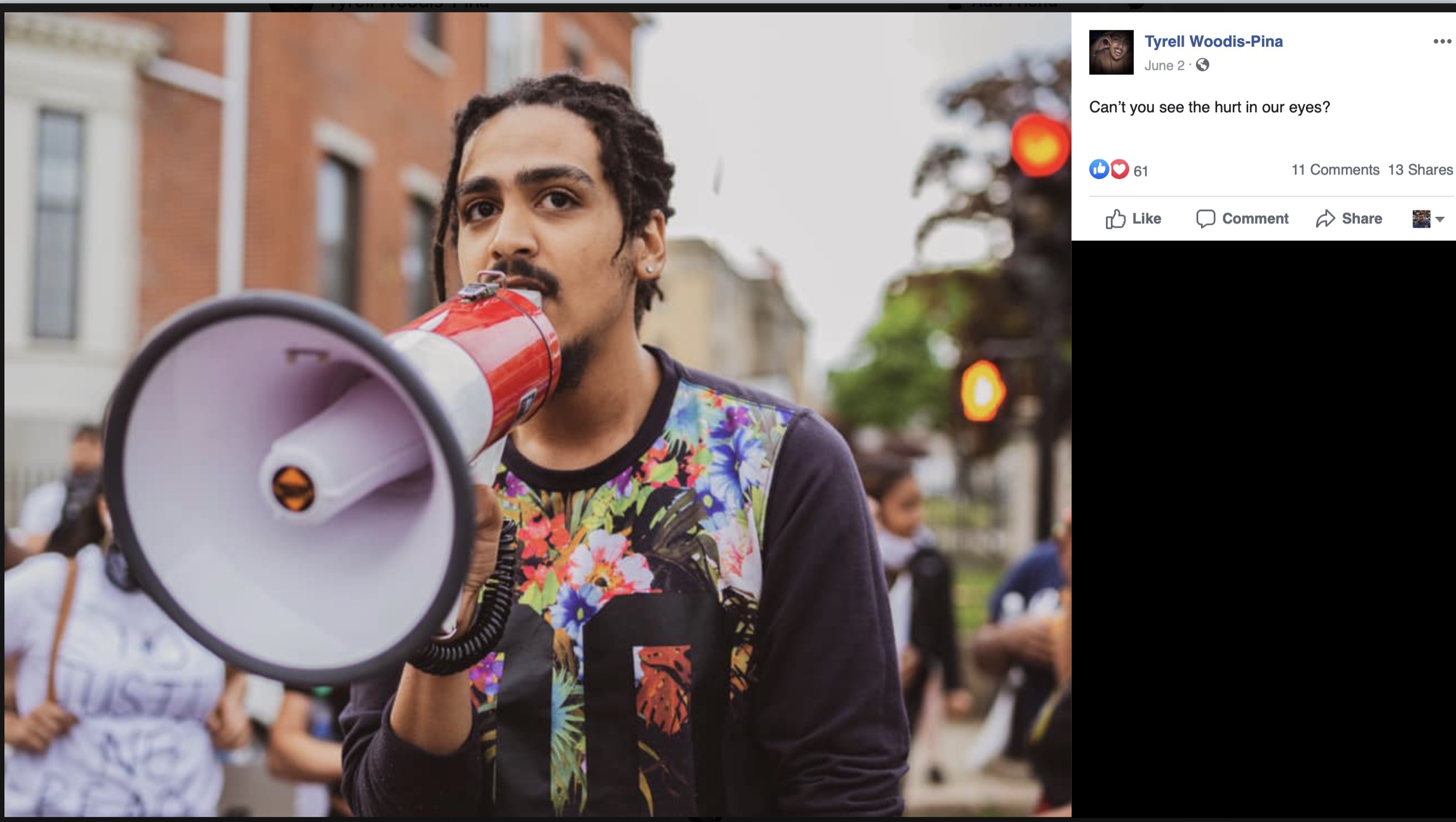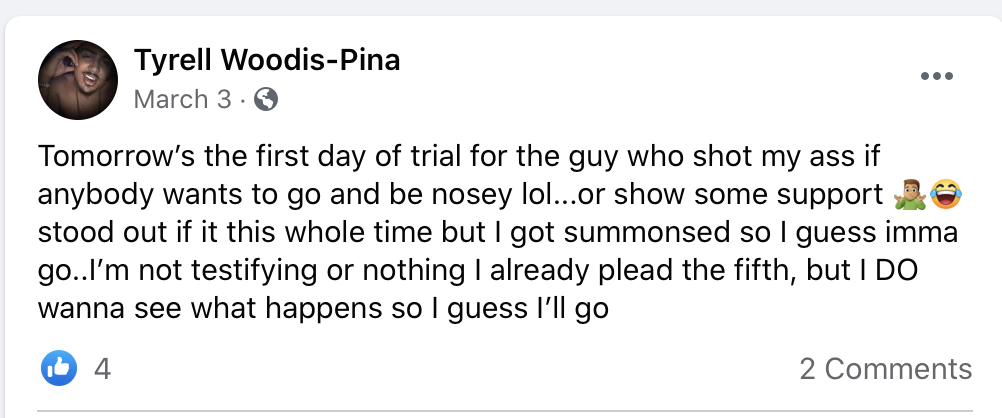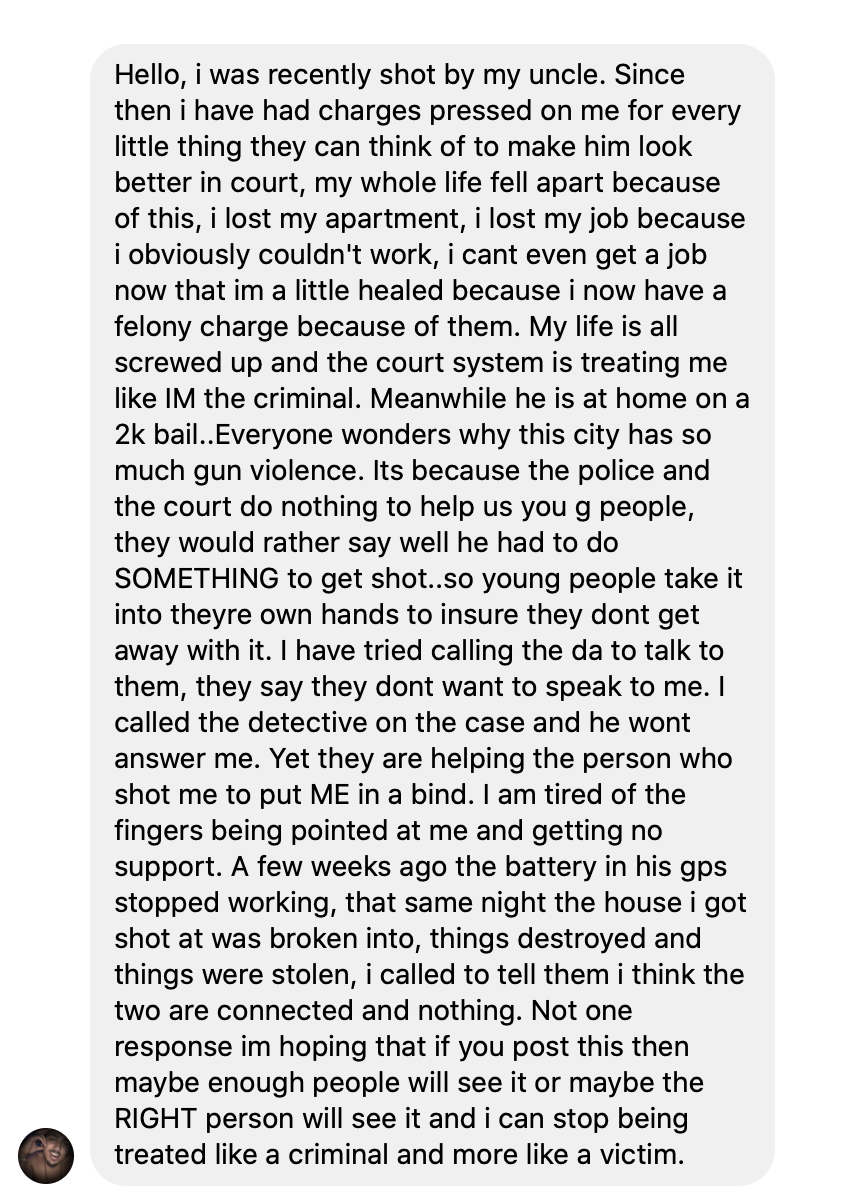Both New Bedford Guide and Fall River Reporter asked the community about their experience with the Massachusetts Pandemic Unemployment Assistance office. Many people sent messages about the dreadful customer service, the near-impossible standards that need to be met, the snail-like pace they have in responding, their identities being stolen which lead to denial of assistance to the person who did nothing wrong, and a host of other negative issues.
Denials or assistance has put many people who were already out of work into a deeper financial hole and despair. The appeal process is a slow one and the Massachusetts Pandemic Unemployment Assistance office drags their feet while people are struggling to make ends meet, keep their internet on, buy groceries, pay car insurance bill, buy gas, etc.
Have you had a negative experience with the Massachusetts Pandemic Unemployment Assistance office? Email info#newbedfordguide.com.
_______________________________________________________________________
“Regarding unemployment. Took me months to get it. Still have not received a nickel for my daughter. Have uploaded birth certificate, tax return and social security number. They either can’t verify she exists or they say she’s not a US resident. Been an ongoing issue since March.”-Dan Martins.
_______________________________________________________________________
“I applied for PUA 14 weeks ago. I received a determination that I was approved but payments were pending due to an unresolved issue. The issue is proving my identity.
I am 55 and sent them what I had, an expired photo id, my social security card, and an old birth certificate. I was denied because they could not prove my identity. They asked for nothing more.
Someone told me I needed a newer birth certificate and should have sent a marriage certificate to prove the name change. These things cost money, which I don’t have because my unemployment hasn’t paid.
I filed an appeal but was told that they have no idea when they would be doing them. I am to the point where I don’t even know why I bother to claim every week. Heck, I even had taxes taken out. All I can do now is wait.” -Anonymous.
_______________________________________________________________________
“On April 4th I started receiving unemployment assistance. On May 16th my claim was canceled.
Apparently they could not confirm my identity and there was fraud and stolen identities across the state. After weeks of hang ups, being put on hold, asking for a status on the claim, I finally got a request for more documents. I then sent my birth certificate, my social security card front and back, my 2019 tax returns, my license front and back (though it was expired, it was a real license), and a selfie with me holding the license.
Then followed another few weeks of “hang ups, being put on hold, asking for a status on the claim.” I received a letter saying that they lifted to denial and the documents were sufficient.
A few days later they reneged and said it wasn’t enough and I was back on denial. By this time it has been about 7-8 weeks of me with zero incoming coming in, meanwhile having to pay rent, utilities, internet, groceries, etc.
I immediately filed an appeal and went back into the cycle of “hang ups, being put on hold, asking for a status on the claim.” for almost 2 weeks before I finally go a live person to talk to. John was VERY nice, said he would talk to his supervisor. This was about July 28th. He got back on the phone and said “We never received your proof that you filed taxes in 2019, please resend that with anything else that would prove your identity. This is when I explained my expired driver’s licenses.
I had a stroke which left me with partial blindness in both eyes, partial paralysis on my left side, loss of balance and I was not having any more acute strokes, but was having micro-strokes averaging a few times a month. I did not renew my driver’s license because of my eye and balance issues, and because of the strokes I was continuing to have which could lead to serious injury (myself or others) or even death if I had one while driving.
I did what John asked, I sent all of the documents I mentioned above, PLUS gas and electric bills, my medical records, my Census receipt after I filled it out, proof of health care, and a 1099-HC – all documents with my name and address on them. He also mentioned that any appeal hearings wouldn’t happen until the end of the year – that means I am supposed to suck it up and accept the loss of income the past few months and wait 6 more months for it to be resolved.
That is unacceptable and what is also unacceptable is to ask people to be in a financial hole for a VERY SIMPLE issue that can be easily resolved in minutes – not months. The documents I provided – almost a dozen – were sufficient.
The irony of it all is that they are simultaneously denying my appeal, discontinued my assistance, and demanding I pay the money back. Think about that for a minute.
Who are they going to go after to get the past assistance checks before my discontinuation? So, they believe I am who I say I am enough to go after me to get past checks, but not enough to continue it? They will bang on my door, say I am not who I say I am but asking that very same person to pay back past money? Well, which one is it? Am I who I say I am or not? It would be funny if it wasn’t so sad.
There is no other way to explain this beyond simple incompetence.”-Anonymous.
_______________________________________________________________________
“I saw your post on Facebook and had to email and share my dreadful experience with unemployment.
I was a senior at UMass Amherst when the pandemic hit. We were sent home for Spring Break on March 13th and told that classes would be delayed for the two weeks following break, and then the situation would be re-evaluated for the remainder of the semester. I began my drive home only to receive an email during the drive saying that classes were officially canceled for the school year. I was almost home when it hit me that my income and employment were going to come to a screeching halt. At school, I worked three jobs and was a babysitter once a week. After we were sent home, I was thankfully able to keep one of those jobs, working as a remote Resident Assistant.
I had heard that unemployment benefits could be collected if you had a significant decrease in your income, which I did. So, I applied for the regular Unemployment Insurance which I was denied from because I did not make enough money, which is ironic to me. Then, I heard about the PUA program that was described to me as Unemployment for those who were working part-time and “gig” jobs. I was grateful to have this option and was approved for PUA. I received about 5 weeks of benefits until I was notified that someone tried to use my information to collect, so I was asked to verify my identity. After I did that, they denied all of the remaining weeks and told me I was supposed to be collecting Unemployment Insurance rather than Pandemic Unemployment Assistance.
Ever since then, I have been jumping through all of the hoops that they have presented, but make nearly impossible. I have been on the phone with them countless amounts of times trying to straighten things out, but usually, just end up having to submit more verification or information. It has been the most frustrating process, as I am eligible for about three and a half months’ worth of benefits, but have only received about a month’s worth. I was out of work for months, making no money and at my current summer camp job, our hours were severely cut due to the lack of campers attending. I am thankful for what I did receive, and I understand that other people are struggling more than I am, but it has all been such a headache. Being a recent undergraduate, I am now entering the workforce in a recession and without the money that I qualified for.
Thanks for letting me share my story!”-Kristina Mello.
_______________________________________________________________________
“I am a victim of identity theft. I work hard as a CNA and took care of my mother who was in hospice. My mom just passed away on June 30th and I went back to work. My first day back my client had a situation that put me out of work I then applied for unemployment.
Long story short I found out that I was a victim of fraud and still haven’t received anything. I have nothing and to make the situation worse I now have found out that my bank account as well has been compromised. I don’t get it. I have filed all paperwork with the state police local and unemployment fraud paperwork as well. SMH! Nobody cares”-Missy Bryant.
_______________________________________________________________________




